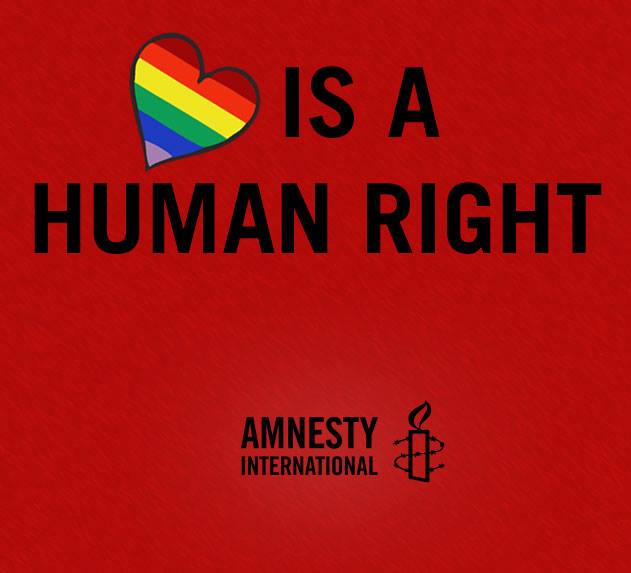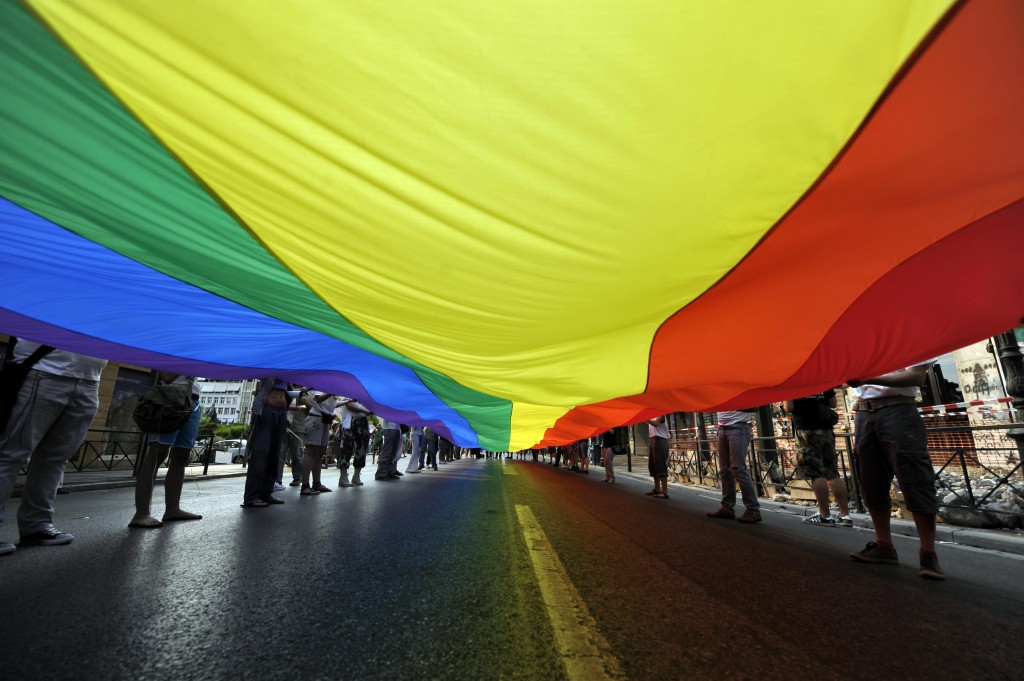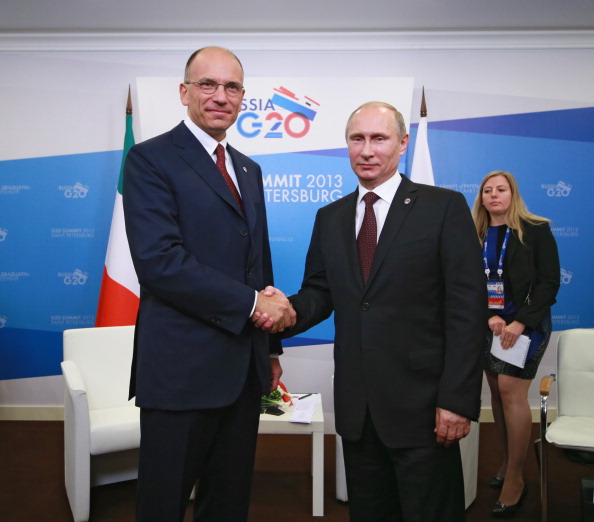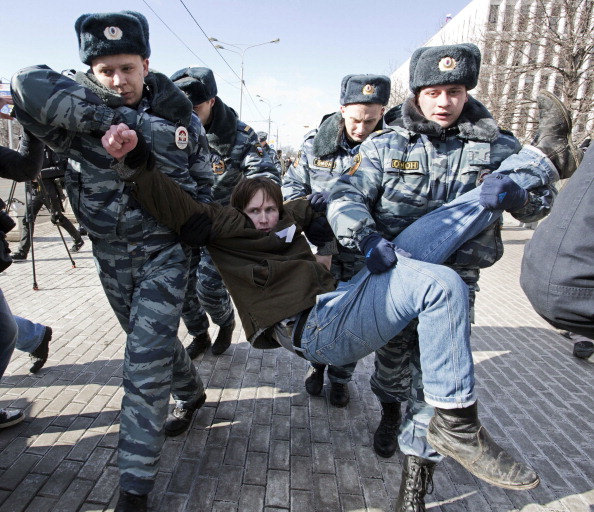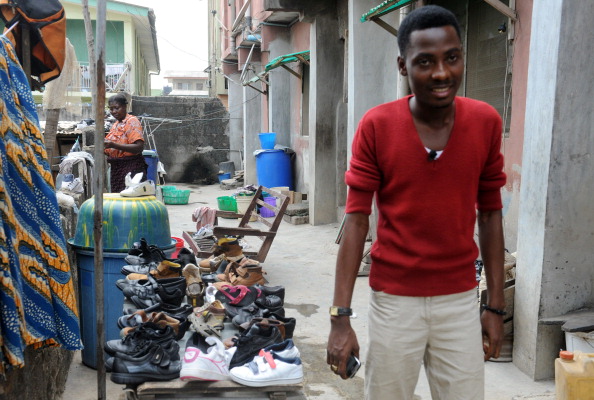
“I no longer feel safe under this law,” said Rashidi Williams (pictured here), Director of Nigeria’s Queer Alliance rights group. “It has the potential to encourage instigation of violence against gay people and lesbians.” (Photo Credit: Pius Utomi Ekpei/AFP/Getty Images).
By Makmid Kamara, Nigeria Researcher at Amnesty International
A man lay on a bench in a packed court room in northern Nigeria, screaming in pain as he was being lashed 20 times with an oil-smeared whip. The man had been sentenced to the brutal punishment by an Islamic court for committing “homosexual offences.”
This is par for the course in Nigeria, where same sex conduct is banned. But now, brutal homophobic persecution has hit a new, unthinkable low.
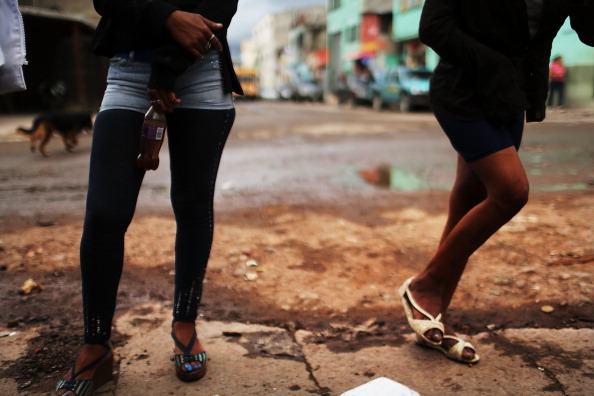
![1555522_10153669101850632_1734257860_n[1]](https://blog.amnestyusa.org/wp-content/uploads/2014/01/1555522_10153669101850632_1734257860_n1.jpg)
